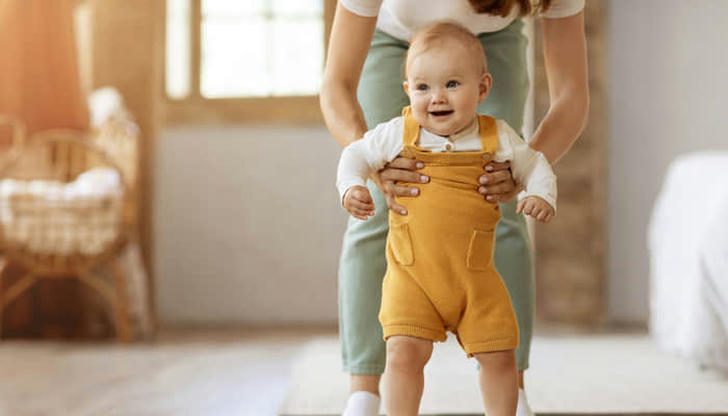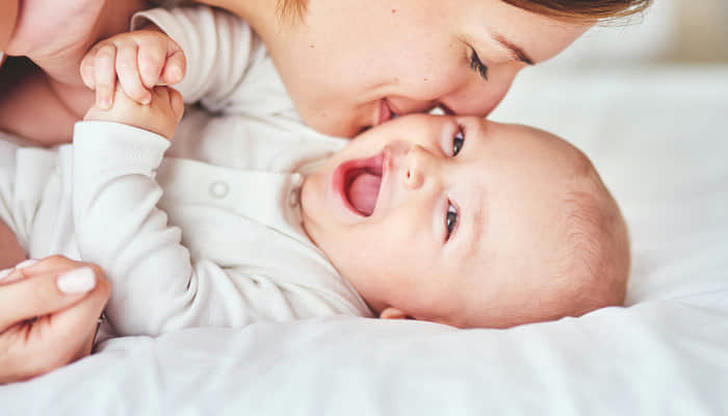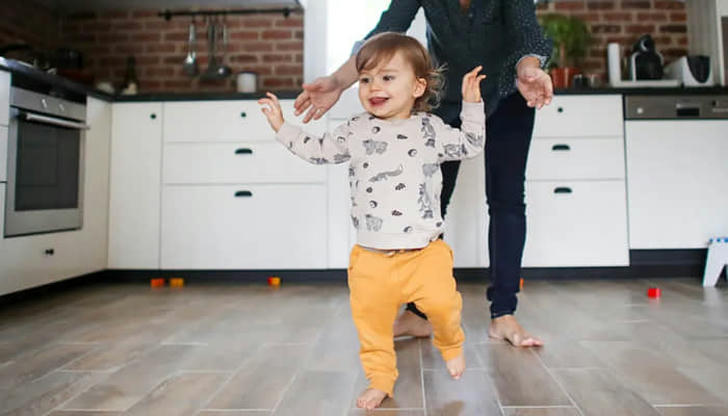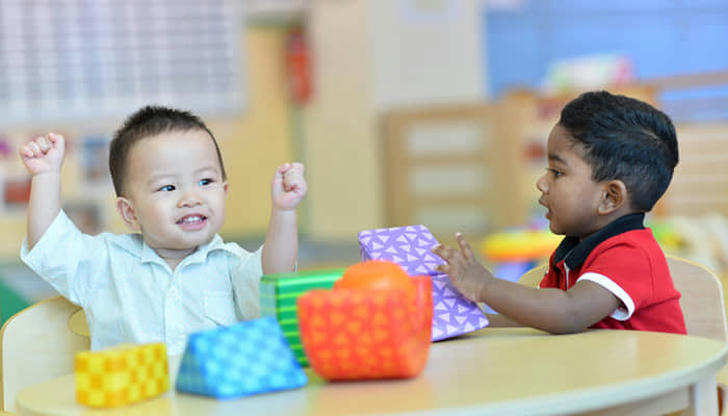From First Words to First Steps: Your Baby’s Key Development Milestones

The first few years of your baby's life are nothing short of magical. With each passing month, they transform from a tiny bundle of neediness to an independent little person with their own personality and quirks. As a parent, it’s natural to be curious (and sometimes a little anxious) about your baby’s development. When will they say their first word? When will they walk? These milestones are important milestones that help gauge their growth.
But don’t worry, every child develops at their own pace. Here’s a look at the key developmental milestones you can expect in your baby's early years, along with two real-life stories to show you just how varied these experiences can be.
Language Development: First Words and Beyond
It’s no surprise that parents eagerly await their baby's first word. After all, it’s an emotional moment. Suddenly, your baby is not just babbling or cooing, but actually communicating with you! Typically, babies start to utter their first recognizable word between 10 to 14 months. Common early words include “mama,” “dada,” or even a family pet’s name.
Case Study 1: Emily’s Early Chatty Baby
Emily, a first-time mom, was anxiously waiting for her baby, Liam, to say “mama.” At around 12 months, she was beginning to wonder if Liam would ever talk. She had heard all sorts of stories about babies saying their first words at 9 months or earlier. But one day, at 13 months, while Emily was getting Liam ready for his afternoon nap, he pointed to the family cat and said “kitty.” Emily was thrilled, though “kitty” was far from the word she had been hoping to hear. Over the next few weeks, Liam's vocabulary grew quickly, and by 18 months, he was saying simple phrases like “more juice” and “hi, daddy.”
The Solution: Patience and Consistency
Not every baby will say their first words on the same schedule, and some may even skip traditional first words like "mama" or "dada" entirely. Emily’s experience shows that the first recognizable word can happen at any time. To support language development, speak to your baby often, read them books, and use simple, clear words when you interact. The more you talk, the faster they will pick it up.

Motor Skills: From Rolling Over to First Steps
Motor development is equally exciting and sometimes a bit nerve-wracking for parents. It’s amazing when your baby goes from lying on their back to rolling over, then crawling, and eventually walking. Motor milestones usually follow a predictable pattern:
● Rolling over: Between 4 and 6 months
● Sitting up: By 6 to 8 months
● Crawling: Usually between 7 and 10 months
● Standing: Around 9 to 12 months
● Walking: Typically between 12 to 18 months
Case Study 2: Jake’s Journey to Standing
Jake’s parents were worried. He had mastered crawling by 8 months but seemed to resist standing up or cruising along furniture. While some babies were standing at 9 months, Jake seemed content to crawl around like a pro. At his 12-month check-up, his pediatrician assured his parents that it was normal, and not to rush things. Then, at 14 months, Jake surprised everyone by pulling himself up to a standing position, and within days, he was confidently taking steps with help. By 16 months, Jake was walking unassisted, and his parents couldn’t have been more thrilled.
The Solution: Encouraging Safe Exploration
Just like with language, there’s a wide range of when babies reach motor milestones. Some babies are natural movers from the start, while others take their time. The solution here is to create a safe space for your baby to explore. Support your baby by encouraging them to play on the floor, providing plenty of tummy time when they’re little to strengthen their muscles, and offering supportive furniture for cruising (like a sturdy coffee table or couch).
Walking on Your Own: One simple way to help your baby walk is by holding their hands and letting them practice taking steps with you supporting them. Before you know it, they’ll take those first independent steps, and there will be no stopping them.

Social Development: Bonding and Early Relationships
Social skills development starts right from birth, as babies begin recognizing their caregivers and responding to familiar faces. Around 6 months, your baby will start to interact with others more consciously. At this stage, they’ll begin engaging with familiar people through smiles, coos, or even reaching out for attention. By the time they are 12 months old, babies may even wave “bye-bye” or blow kisses.
Social milestones are often harder to measure because every baby has their own social style. Some babies are naturally social and love to be around people, while others may be a bit more reserved. Both are normal and can be supported with the right approach.
Case Study 3: Sarah’s Reserved Baby, Olivia
Sarah's baby, Olivia, was a quiet observer. While many of her friends’ babies were happily waving their arms and giggling around others, Olivia would often pull away and hide behind Sarah’s legs when people approached her. By 18 months, Olivia still wasn’t showing much interest in playing with other babies. Sarah grew worried but was reassured by her pediatrician that this kind of behavior was completely normal. Over time, Olivia gradually warmed up to other children and began playing alongside them in group settings.
The Solution: Gentle Socialization
If your baby seems reserved or cautious, there’s no need to push them into social situations. Instead, gently introduce them to new people or environments in ways that feel safe and predictable. Playdates with familiar faces in a familiar place can be a great way to help your baby become more comfortable with others. Every baby is unique, and while some will be social butterflies, others will take their time warming up.

Conclusion: A Journey of Patience and Discovery
Watching your baby hit those big developmental milestones is both exciting and sometimes stressful. From the first word to the first steps, every milestone is a step toward their independence. But it’s important to remember that there’s no “perfect” timeline. Every child develops at their own pace, and the best thing you can do is provide a supportive, loving environment where they can explore, learn, and grow.
Whether your baby is talking at 10 months or 14 months, standing at 9 months or 18 months, or waving “bye-bye” at 12 months or 24 months, what’s most important is that they’re on their own unique journey. As a parent, your love, patience, and encouragement are the greatest gifts you can give to help them thrive.
So, celebrate each small step your baby takes (literally and figuratively). And remember, there’s no rush—this is the only time in their life when they’re going to be this little. Enjoy the ride!
